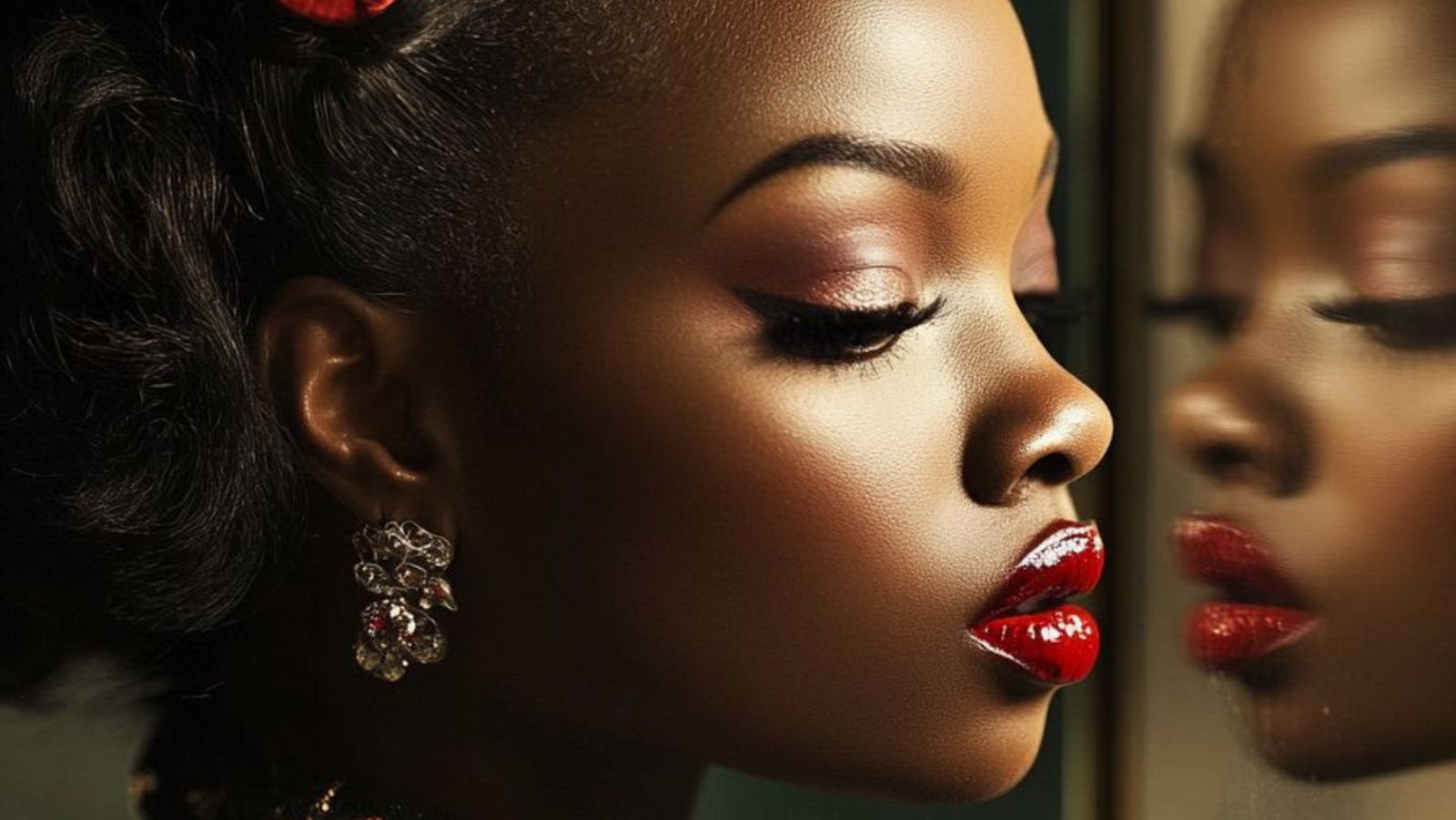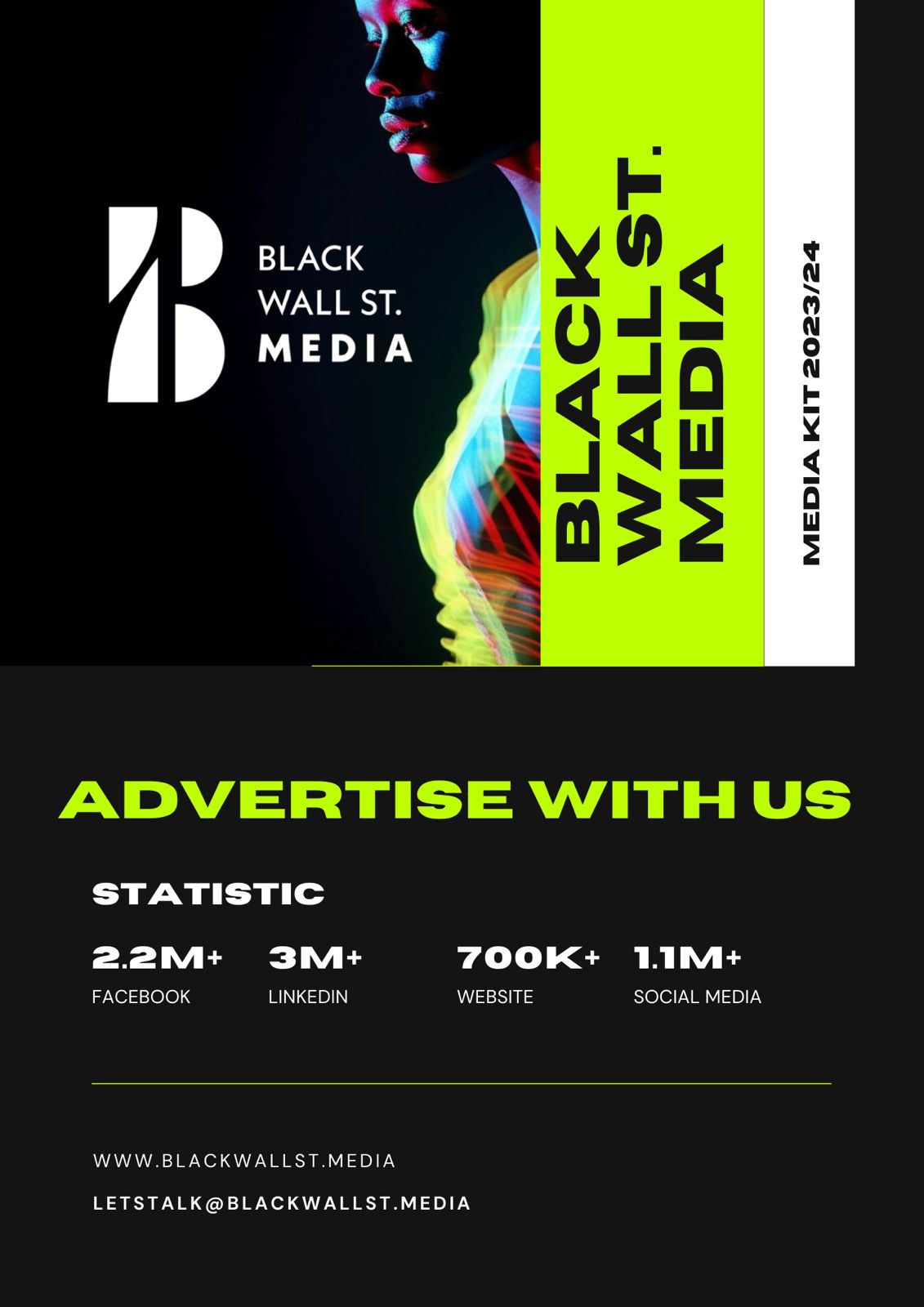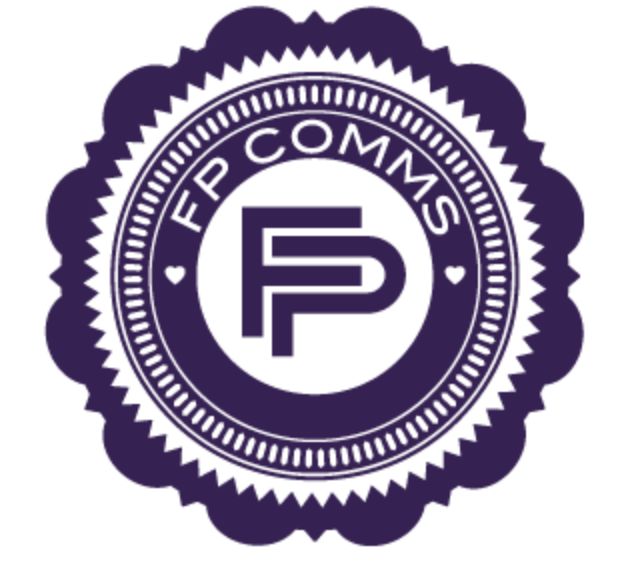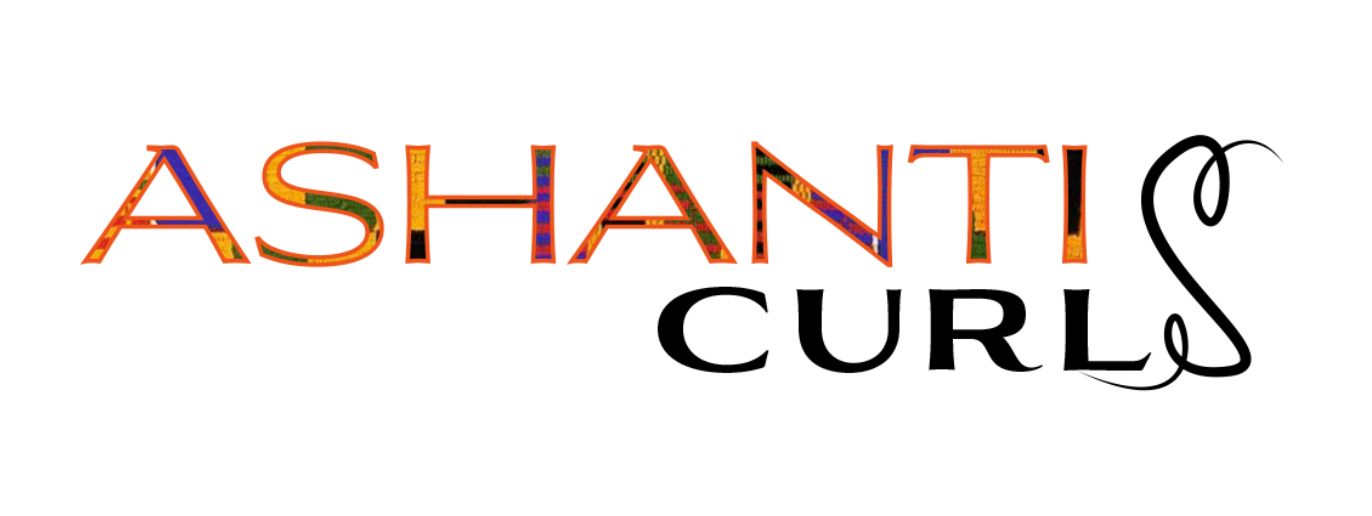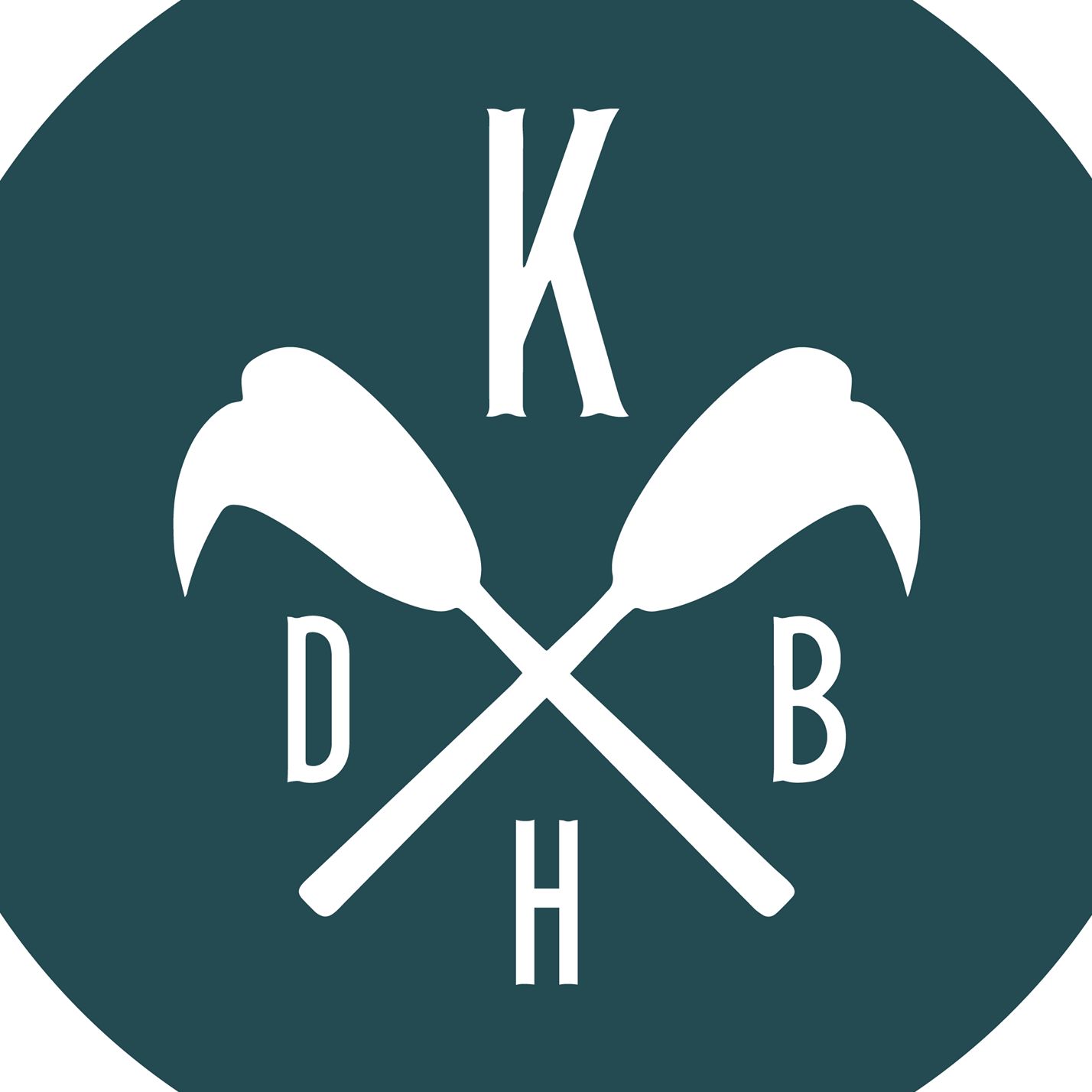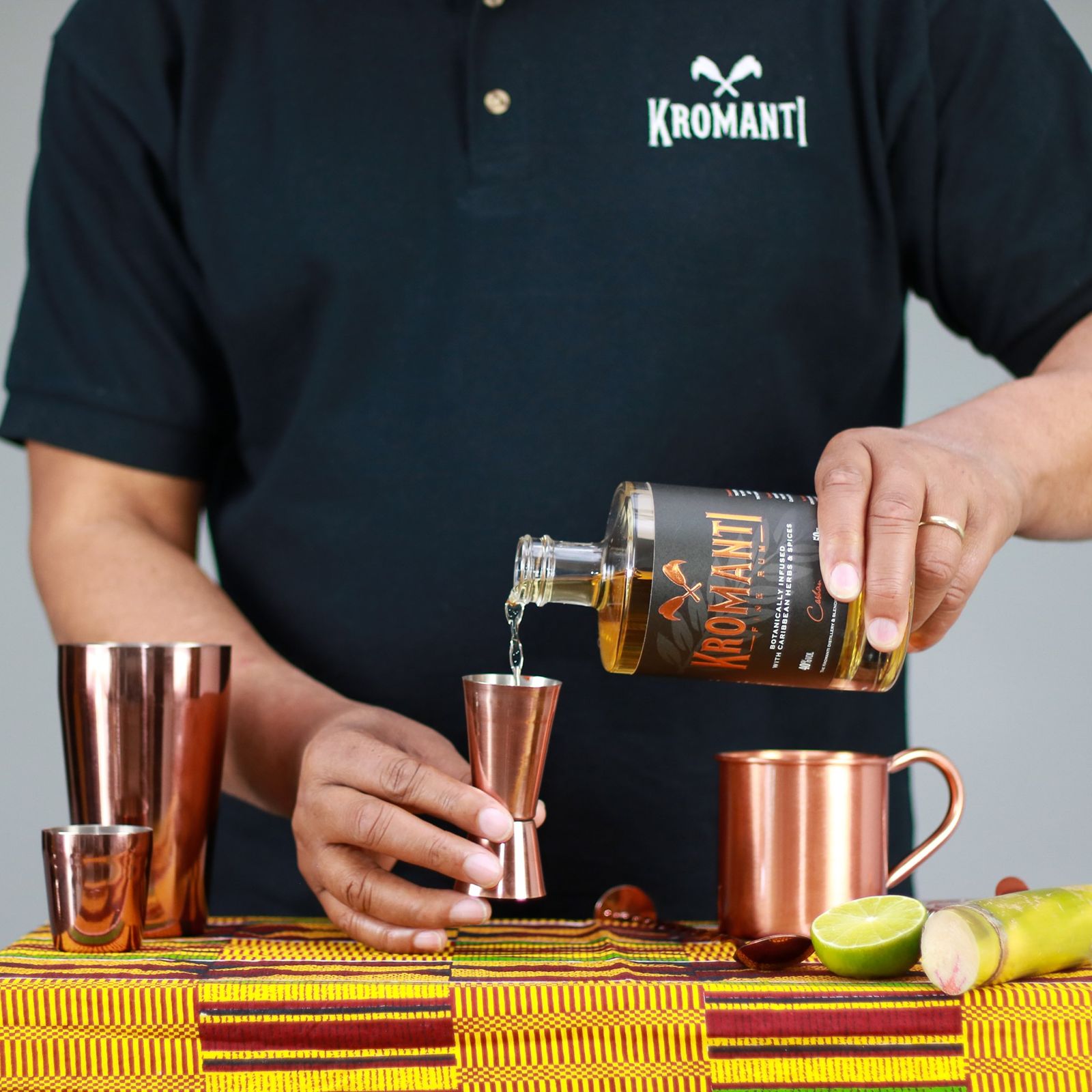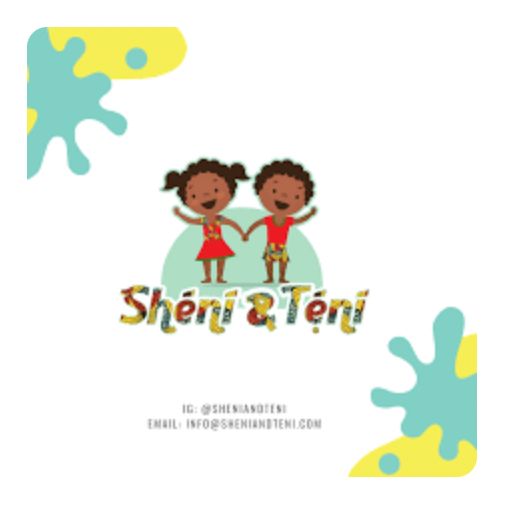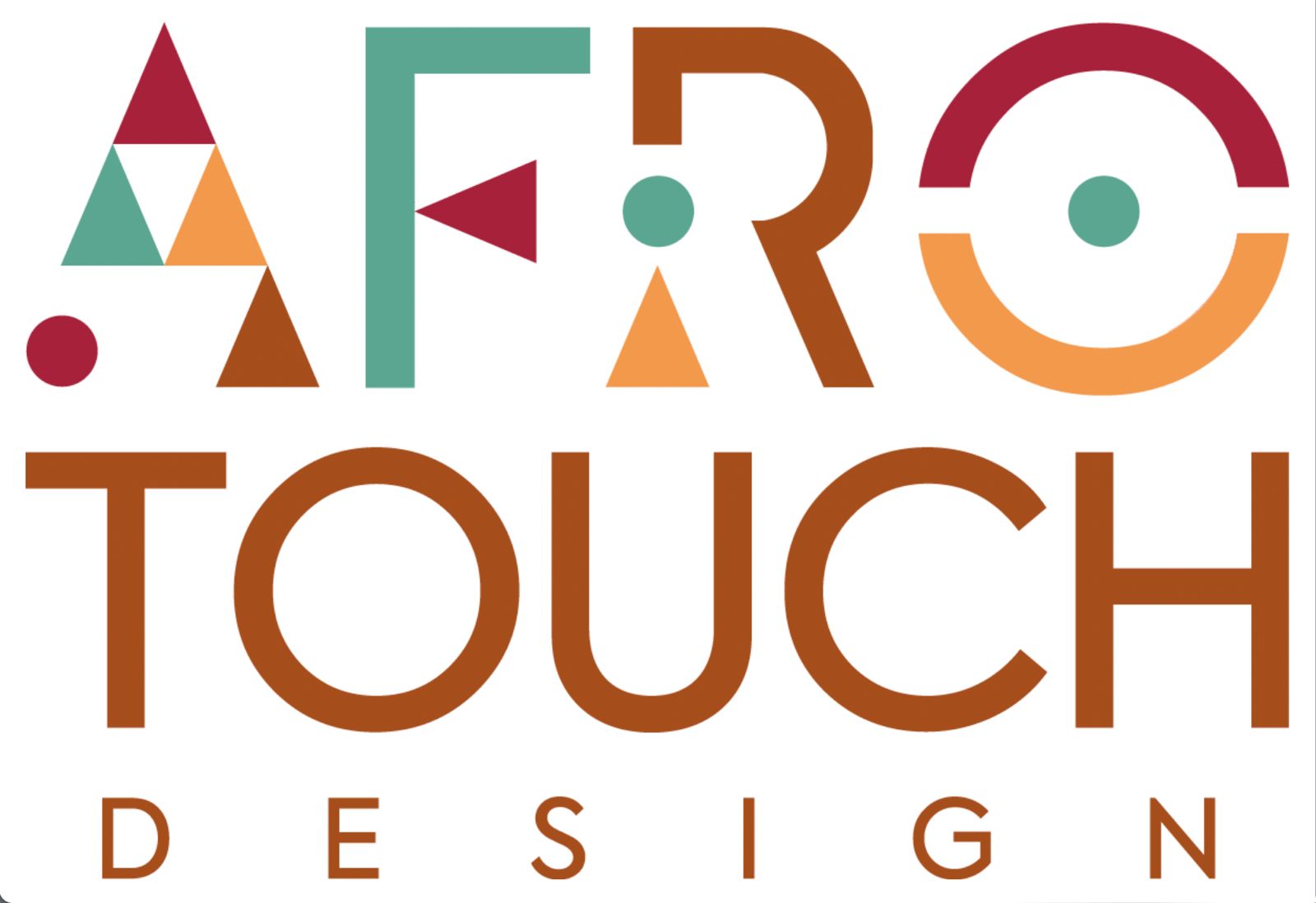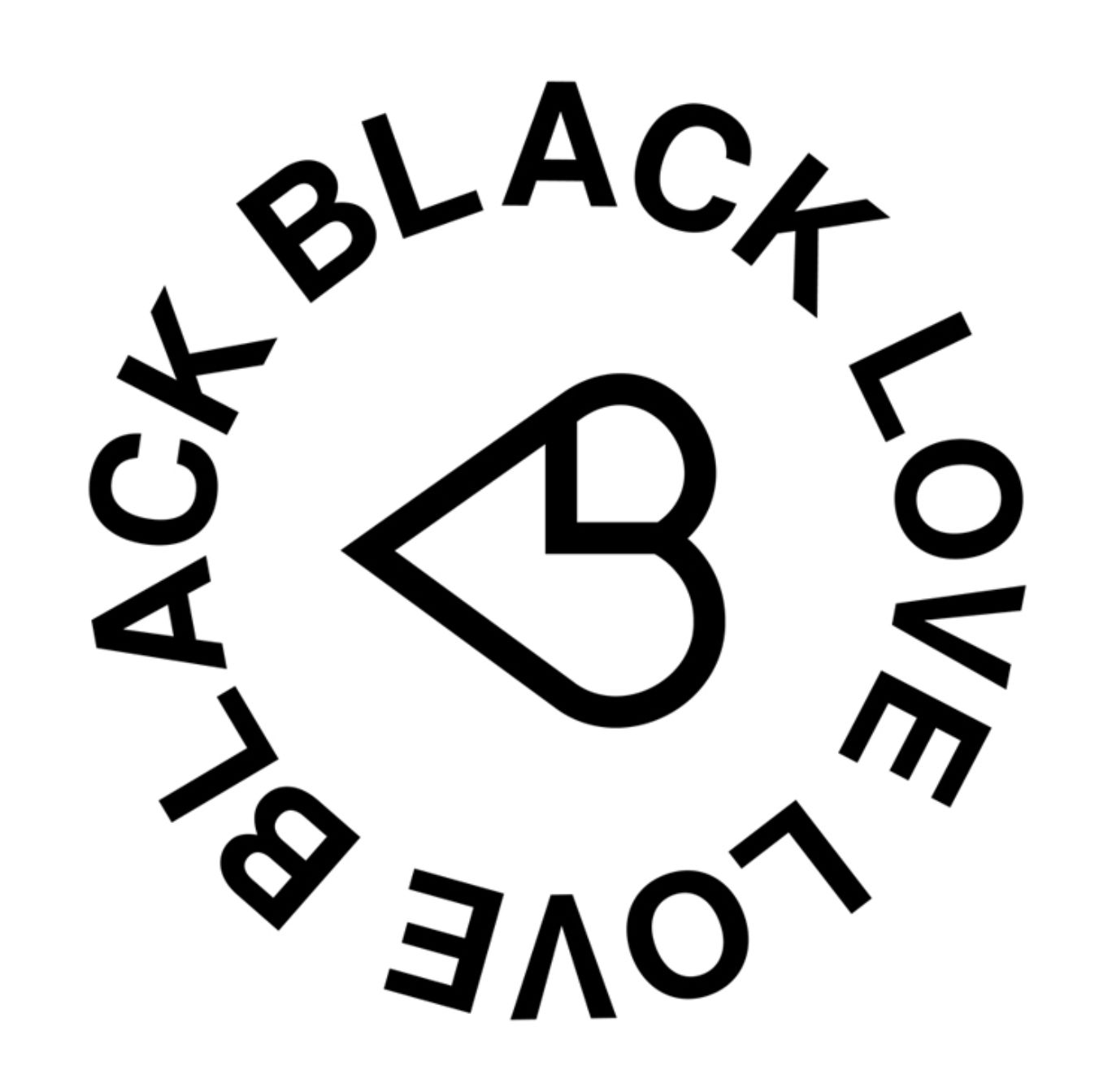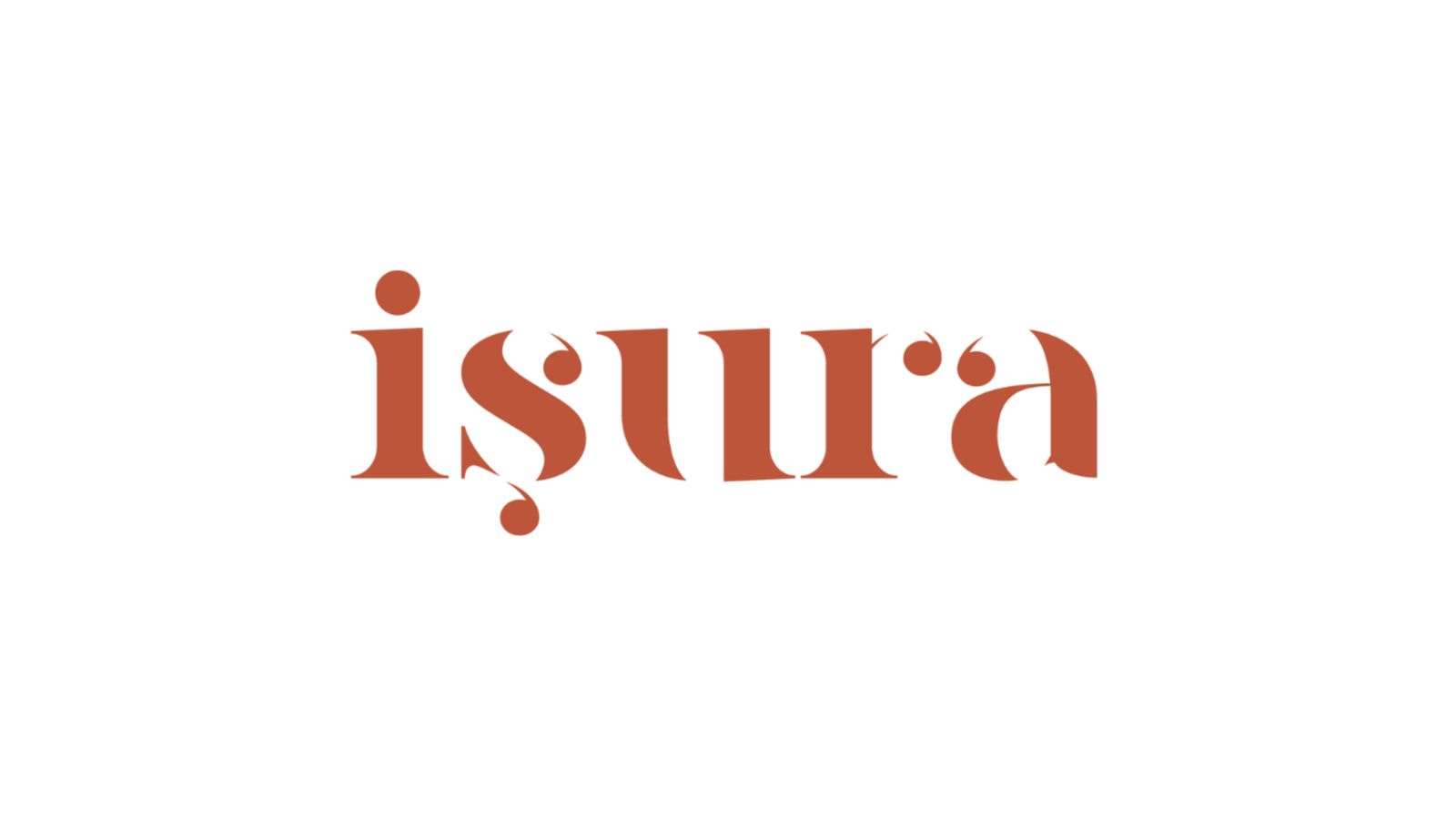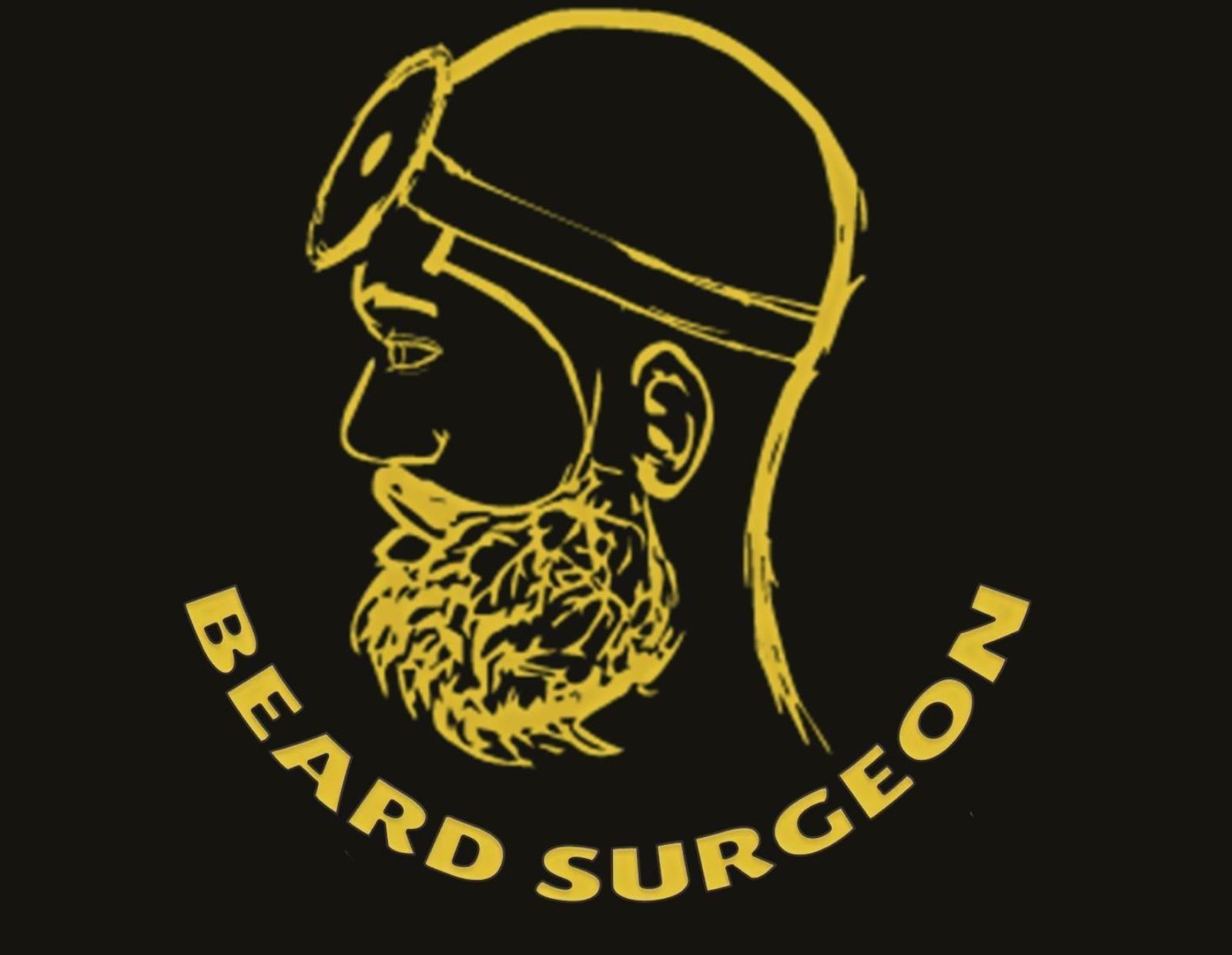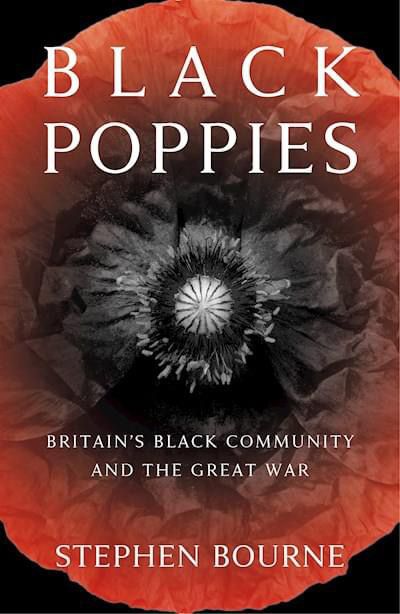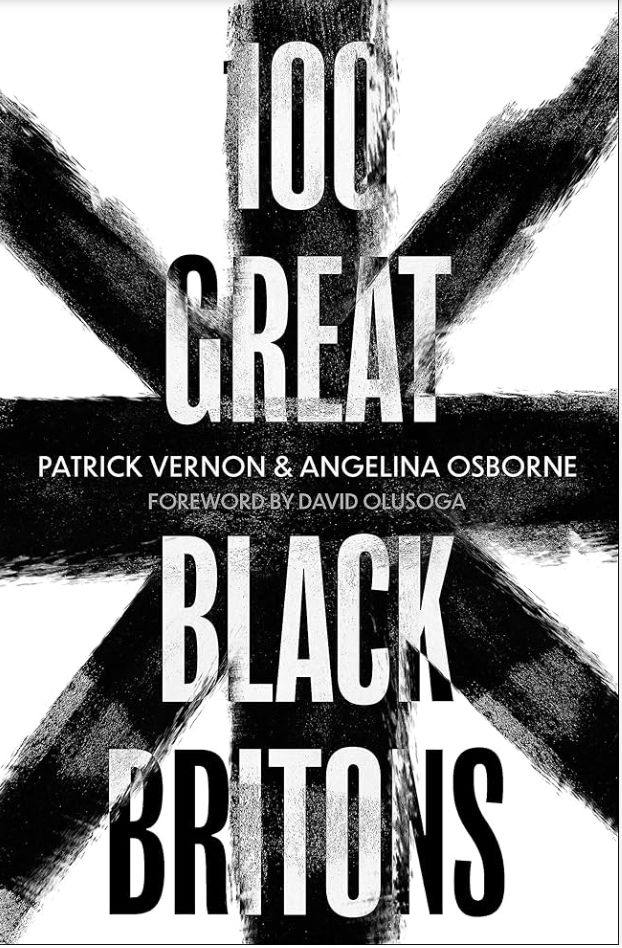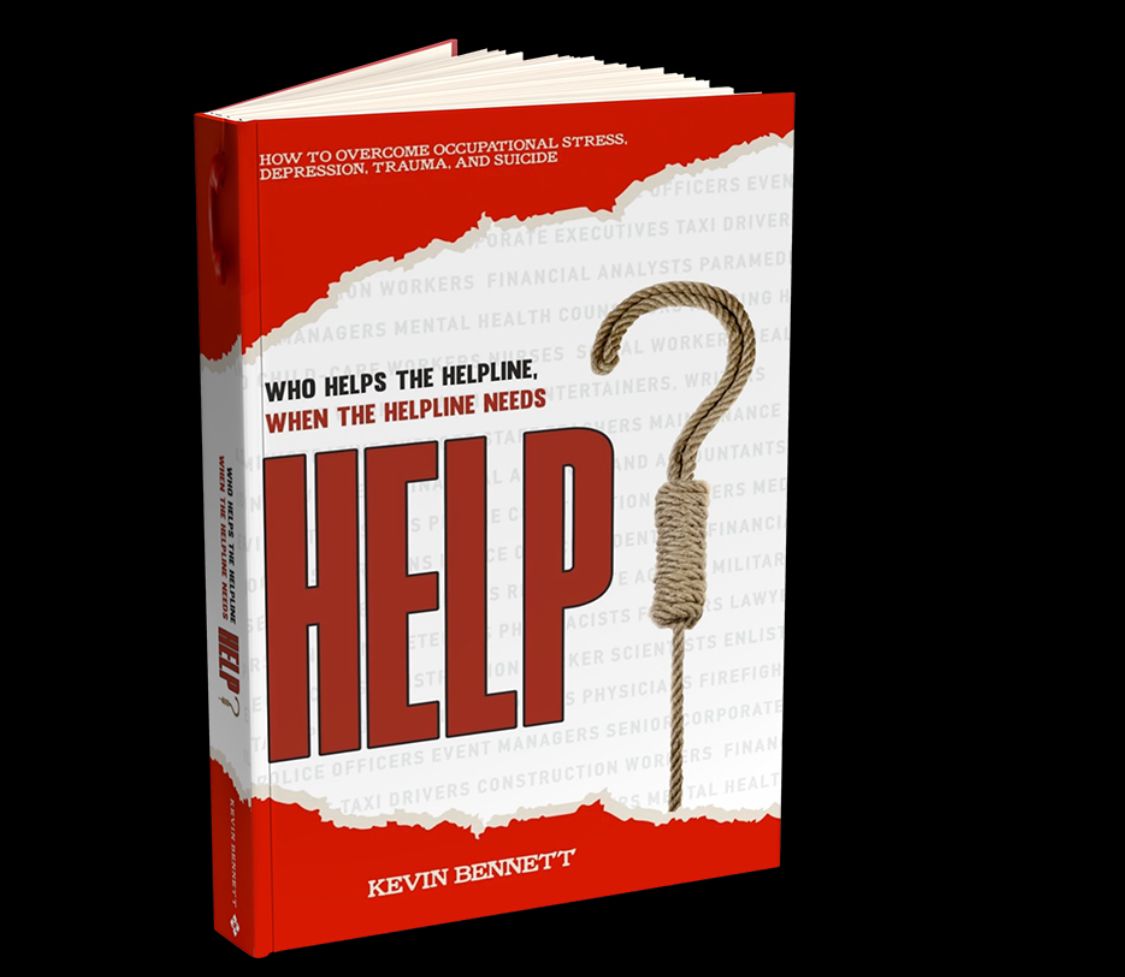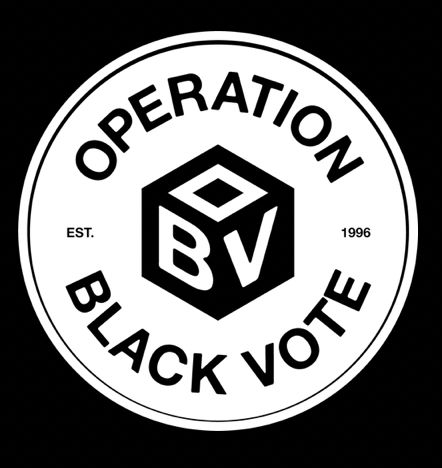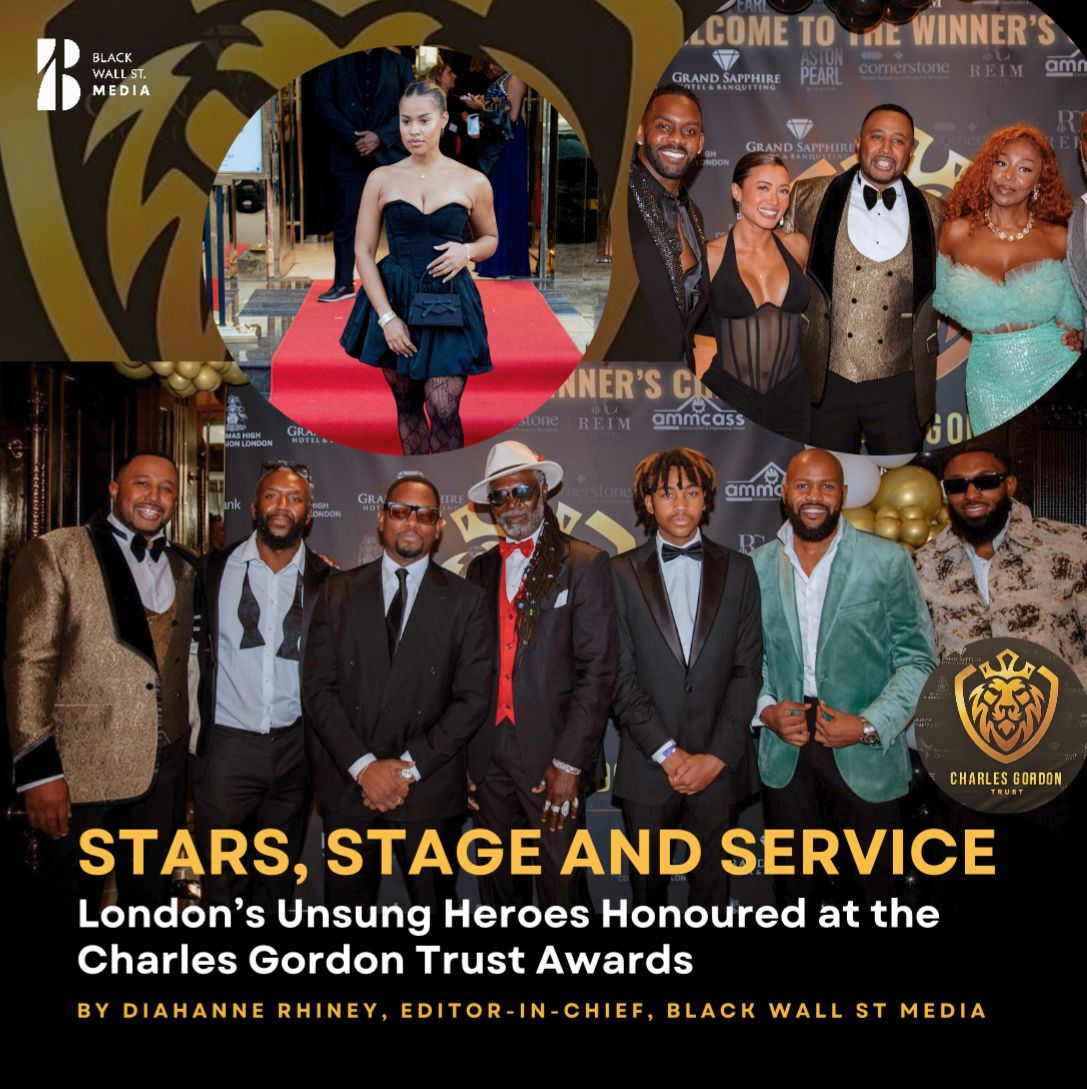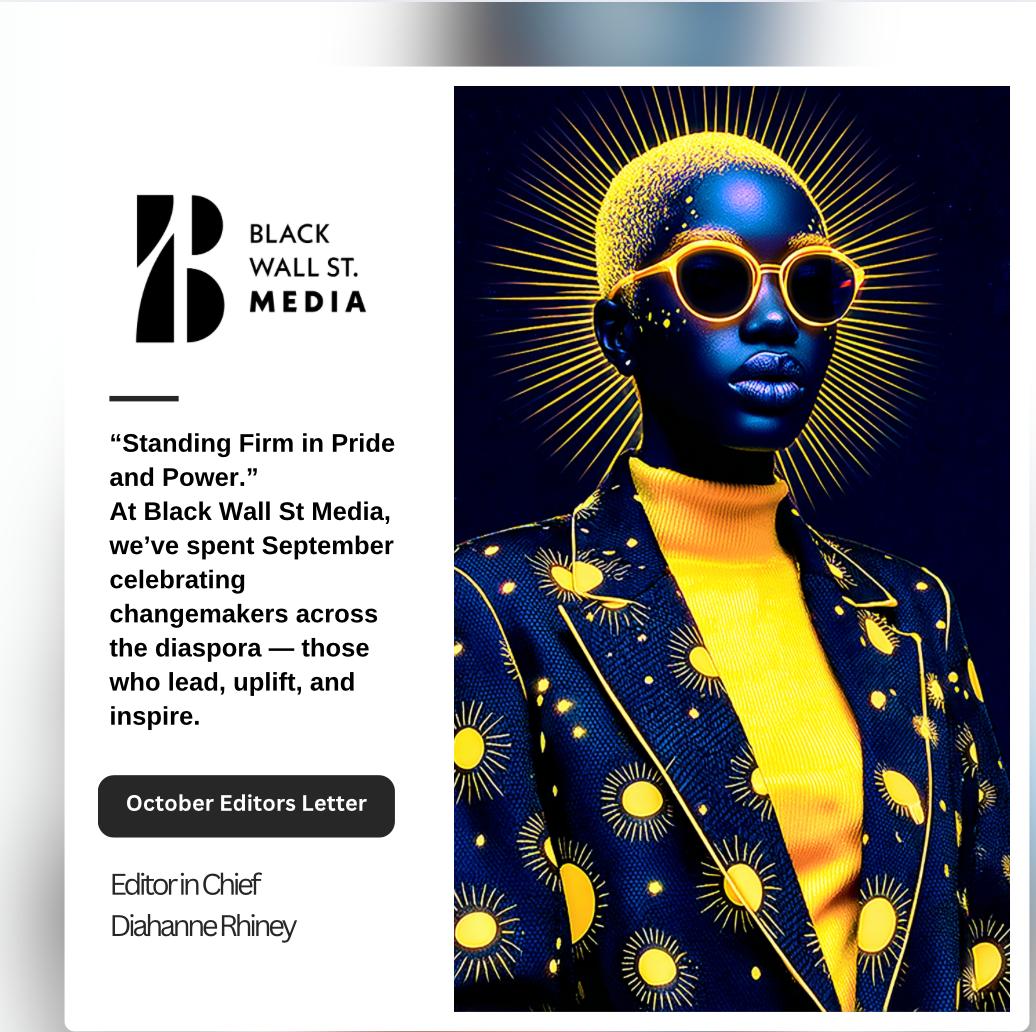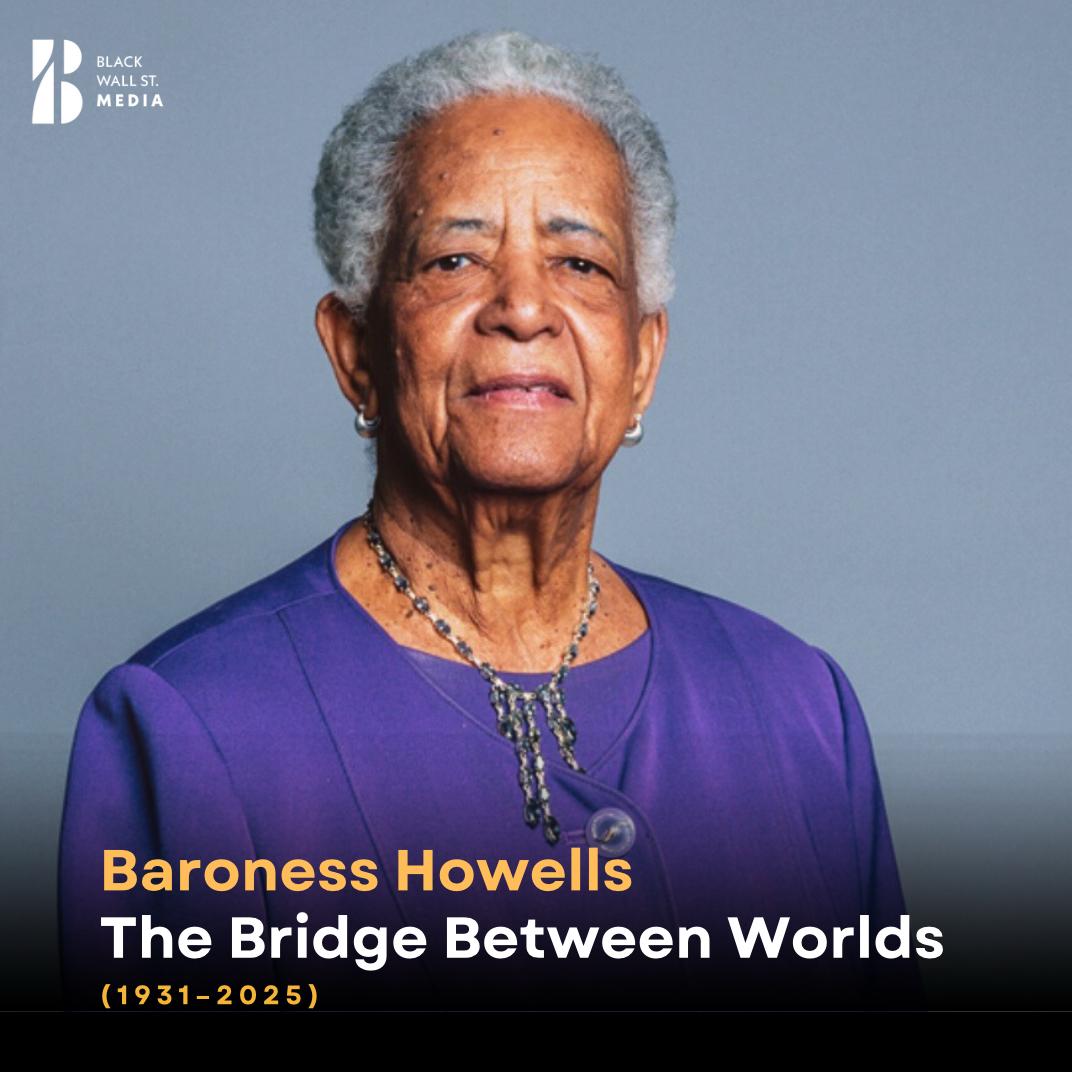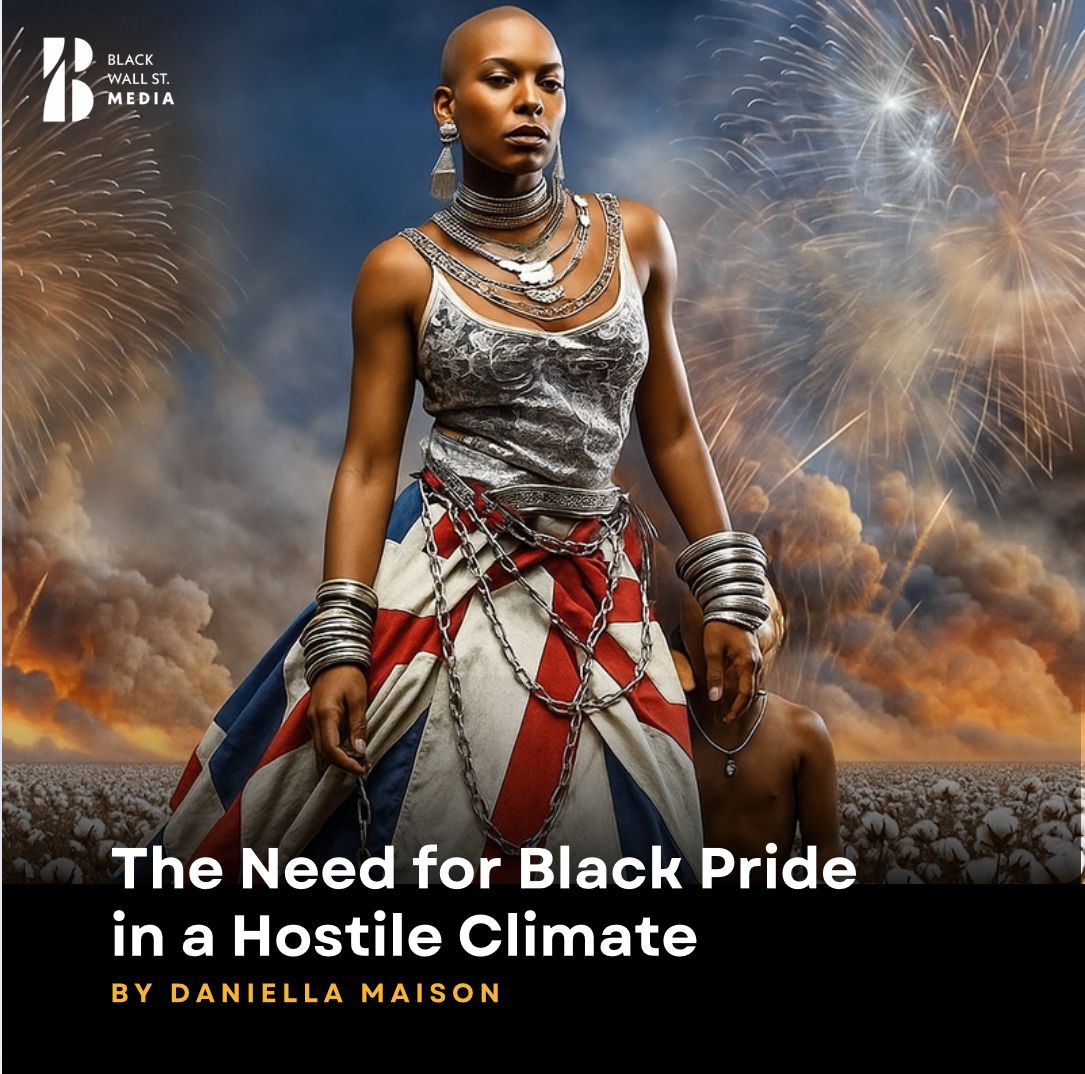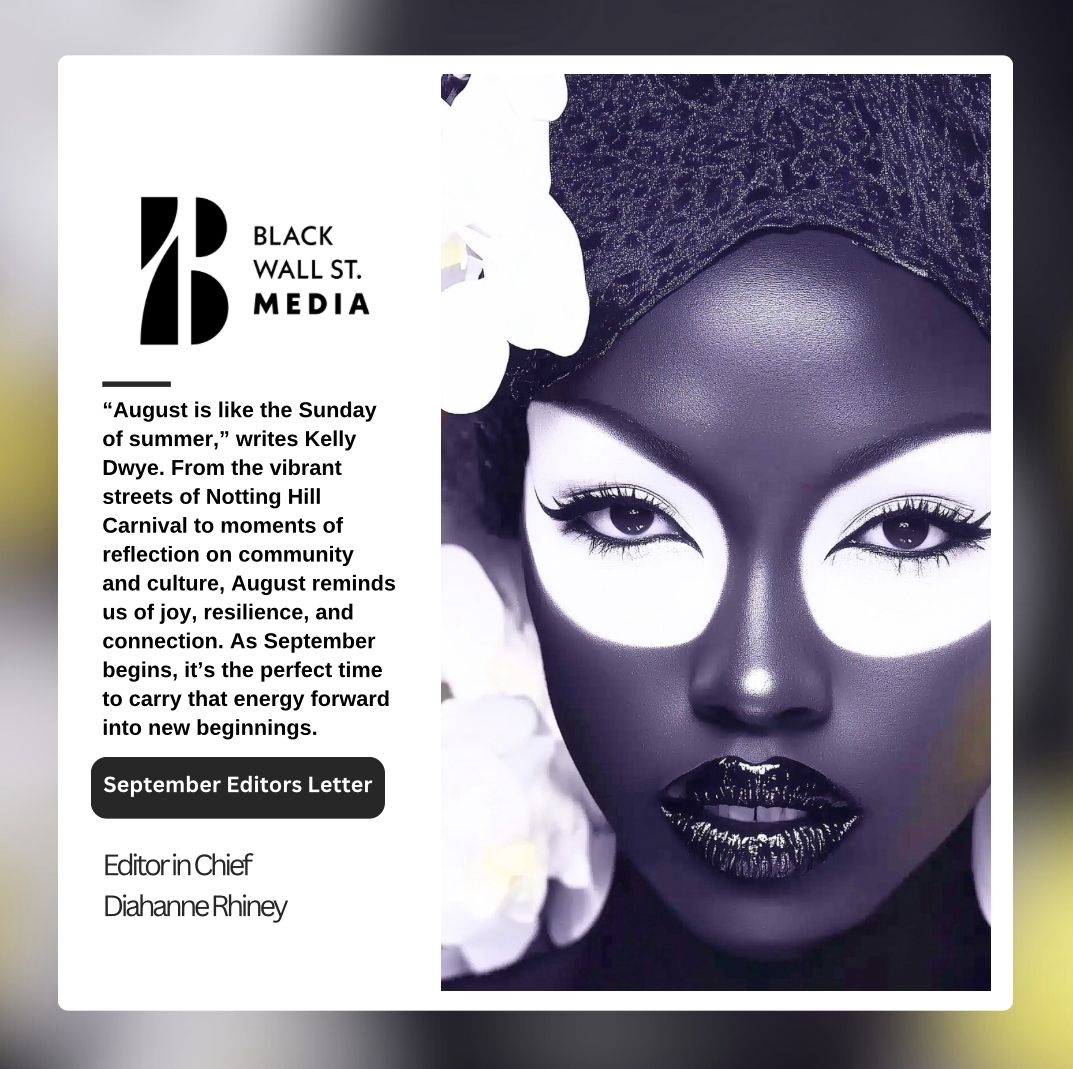BLACK HISTORY MONTH
A Deep Hurt: Wounds That Sometimes Never Heal
“Childhood wounds often linger in the shadows of adulthood, shaping our sense of self. As Black and Brown individuals, cultural expectations sometimes stifle our voices, leaving us with unhealed scars. This article by Wilson Hinds Consulting shares real stories of emotional trauma, like a woman recalling body-shaming remarks from her childhood, and a man still grappling with his father's hurtful words.
Healing is a journey, especially for those from the global majority. The process is layered with cultural, historical, and personal complexities—but with self-compassion, it's possible.”
Jacqueline A HindsEmotional & Cultural Awareness Contributor
“The pen is mightier than the sword, but the tongue is mightier than them both put together.”
~ Marcus Garvey ~

Someone once said that we spend most of our adult lives healing from hurt and pain from our childhood, and there is so much truth in that statement.
When I think about some of the things said to me in my childhood, not necessarily by a parent—it could’ve been an aunt, uncle, cousin, or even a sibling—it brings back memories. As a Black woman growing up in a West Indian family, if an adult said something to you, there was no way you could respond. Speaking back was simply not acceptable. If you know, you know what I’m talking about!
I distinctly remember an aunt telling me I had put on weight and that I was “a little plump, like a turkey!” As a child, hearing that was devastating. I was already self-conscious, being the shortest in my family and big-boned. The comment stuck with me for a long time. It was painful because I couldn’t respond, knowing I’d be reprimanded for speaking back. The fact that I still remember it shows how deeply it impacted me. Don’t worry—this happened a long time ago, and I received counseling back then, so I’m all good now.
In Need of Support
Not long ago, I went to the bank for a transaction that couldn’t be done at the counter. I was called in by a young advisor, and after some time, our conversation moved beyond banking. When he learned I was an Emotional and Cultural Intelligence consultant, he began to open up about his own experiences. Let’s call him Abdul.
Abdul, who is of Indian heritage, shared that he had moved away from his family to escape his father’s toxic influence. Although he was now married with his own family, the hurtful things his father had said during his childhood still deeply affected him. Each time he tried to address it with his father, he was shut down, transported back to a place where his father’s word was law.
I could sense the deep pain Abdul was still carrying. His father hadn’t just been emotionally and verbally abusive; he had been physically abusive as well. Abdul’s struggle to heal was palpable. He told me his father had once called to apologize for something hurtful, but their conversation ended in another argument, with his father slamming the phone down.
While I am not a trauma-informed coach, I asked Abdul if he had received any counseling. He shared that he had taken time off work because the emotional strain was affecting his job performance. Though he had six counseling sessions, he felt they didn’t help. His counselor had no understanding of his cultural background, and without that context, he didn’t feel truly supported. I could tell he was at risk of a complete breakdown if he didn’t get further help.
When I got home, I looked up counsellors and organisations that could better support someone from the global majority. Abdul’s experience showed me how important culturally competent care is, and that without it, healing is even harder to achieve.
Be Kind to Yourself
Take the time you need to heal. There’s no time limit on the healing process, but you must put yourself first. Be kind to yourself.
Healing from childhood trauma and abuse isn’t linear—it’s a journey that requires patience, compassion, and a deep understanding of the cultural, social, and historical contexts that shape our lives. For people from the global majority, healing isn’t just about addressing personal pain, but also reclaiming identity, history, and power in a world that may have denied them those things.
By embracing your cultural heritage, creating safe spaces, and finding strength in your community, healing is possible. The scars may never completely fade, but they can become symbols of survival, resilience, and growth.
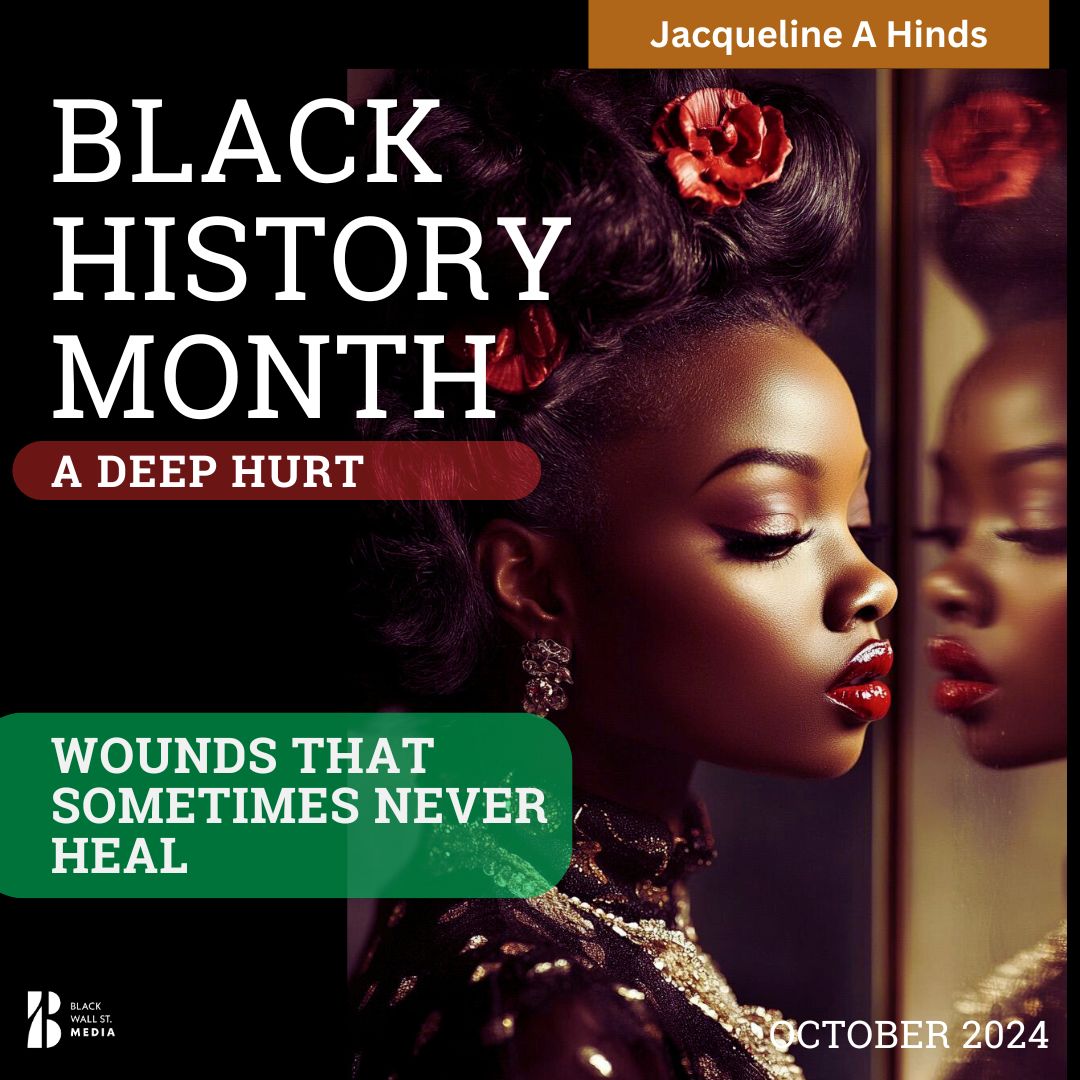
SECURE YOUR TICKETS NOW for the 2nd Spirit of the Caribbean Annual Ball & Black Honour Awards on Saturday, October 26, 2024, from 7.30 pm to 02.00 am.
The night features a reception, networking, and awards ceremony honouring those who have made significant impact within and beyond our community. Post-awards, prepare for live entertainment and dancing until 02:00 am. The event, a symbol of shared heritage, showcasing Caribbean Excellent.
Dress code is black tie.
Tickets can be purchased on Eventbrite (booking fees apply)
or from Event Connoisseurs: with no booking fee.
For more details, contact us at
enquiries@eventconnoisseurs.com

